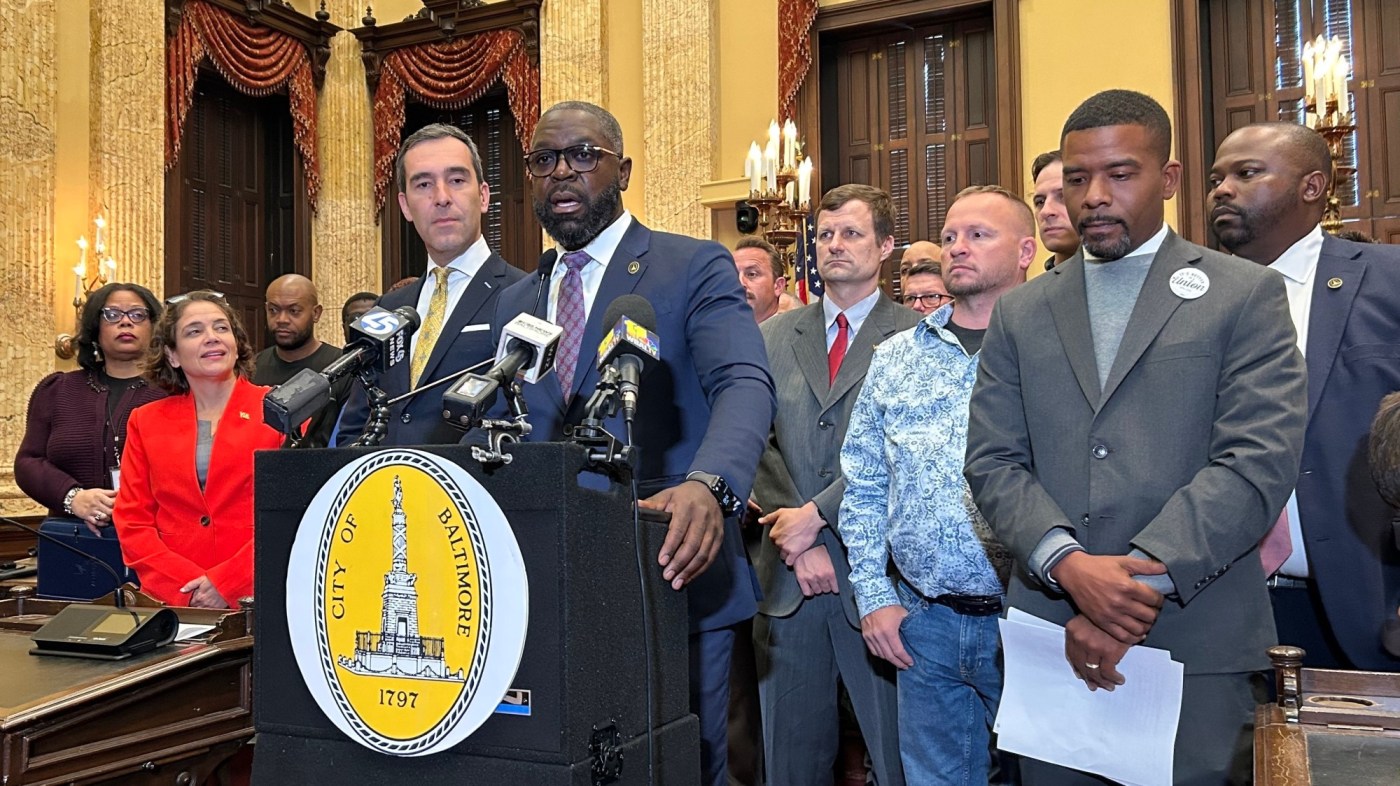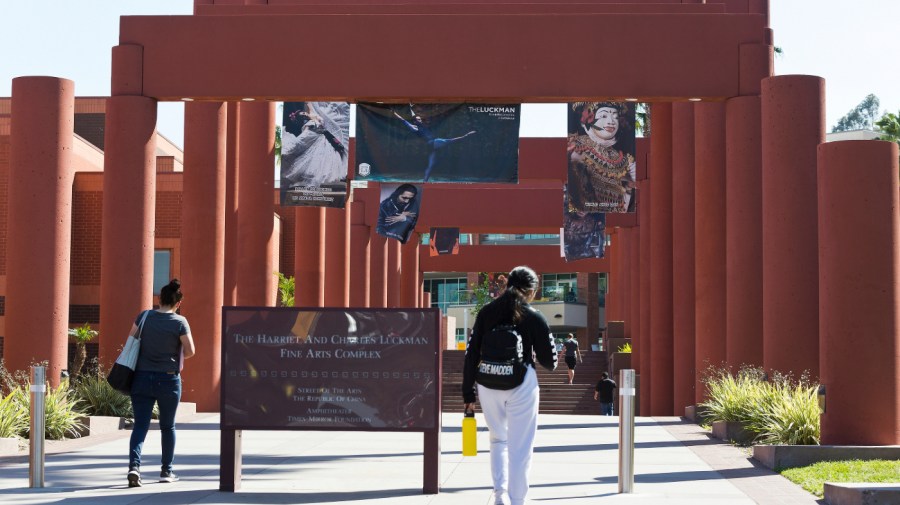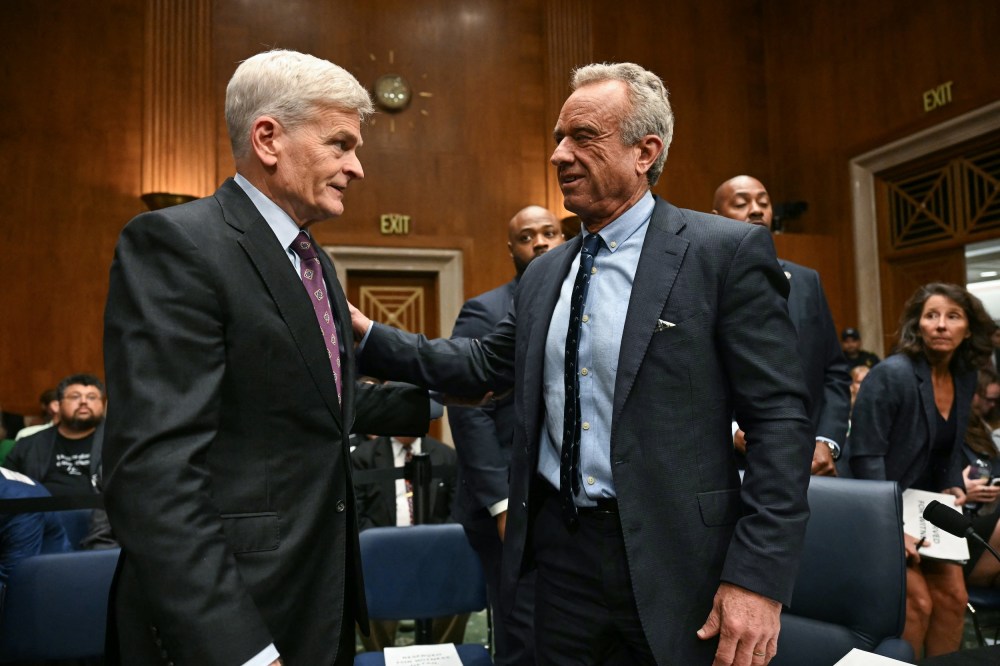On March 4, 2024, Baltimore City Council officials unveiled a legislative initiative aimed at bolstering the rights of public sector workers. City Council President Zeke Cohen led a press conference at City Hall, emphasizing the council’s commitment to enforcing workers’ rights, including fair wages, workplace safety, and a balanced work-life environment.
During the event, Cohen characterized the announcement as a “statement of values” for the council. Over the coming months, the council plans to introduce a series of bills designed to enhance protections for Baltimore workers. Cohen stated, “Baltimoreans deserve to know that their wages will not be stolen, that they will be paid on time, and that we will go after the bad actors that take advantage of vulnerable people.” A formal resolution titled “Workers’ Rights in Baltimore City” will be introduced at the council’s evening session.
Key Rights Outlined in the Upcoming Legislation
The resolution outlines seven essential rights that the proposed legislation aims to secure for workers in Baltimore:
- Safe working conditions
- Fair and livable wages
- The right to collectively bargain over compensation without fear of retaliation
- Privacy and dignity at work amid advancements in AI technology
- Access to public pre-K through high school education and career training
- Family life and work-life balance, morale, and retention
- Free exercise of democratic voices through voting and civic participation
This legislative push coincides with ongoing contract negotiations involving the city’s fire and police unions. Union leaders expressed cautious optimism about the council’s efforts but voiced frustration over delays in the bargaining process. Joshua Fannon, president of the International Association of Fire Fighters Local 964, highlighted the city’s record of late payroll violations, urging the council to establish a law enforcing timely wage payment.
“I want to see, at the city level, a law where we can enforce the payment of wages in a timely fashion and charge damages to the city if we don’t get it in a timely fashion,” Fannon remarked. He noted that the issue of unpaid wages has been a persistent concern among firefighters.
Concerns Over Legal Fees and Contract Negotiations
Another union leader, Matthew Coster, president of Baltimore Fire Fighters Local 734, criticized the city’s rising legal expenses related to labor negotiations, which have exceeded expectations. According to data from Open Checkbook, Baltimore has paid over $1.56 million in legal fees to Nelson Mullins Riley & Scarborough LLP for “labor relations” in 2025 alone.
Coster expressed discontent with the ongoing delays, stating, “The attorney for the city, Nelson Mullins, is just dragging things out to bill the city an enormous amount of money to justify them being there.” Council President Cohen acknowledged the need for fair compensation for public safety workers, affirming the importance of supporting their benefits.
Leaders from the labor community also commented on broader political contexts, particularly in relation to former President Donald Trump’s executive orders aimed at reducing union protections for federal workers. Courtney Jenkins, president of Metro Baltimore AFL-CIO, referred to Baltimore as a “union town” and asserted that the resolution represents a vital step toward “Trump-proofing” the city.
“Baltimore is Trump-proofing itself, showing that no matter what happens in Washington, D.C., our city will protect its workers,” Jenkins stated, emphasizing the correlation between worker welfare and community safety.
In a similar vein, Antoinette Ryan-Johnson, president of the American Federation of Teachers Local 800, criticized the legal system for favoring employers in labor negotiations. She described the previous administration’s policies as detrimental to worker rights and committed to defending Baltimore’s labor force.
“For those bosses and employers and politicians who have spent their vast resources and powers to deny and crush their employees’ effort to create a more democratic workplace, let us say to you today: Not in our Baltimore,” Ryan-Johnson declared, drawing applause from attendees.
District 12 Councilman Jermaine Jones, who chairs the council’s Labor & Workforce Committee, connected the need for union jobs with crime reduction in Baltimore. He stated, “If you want to lower crime, you give someone a job. Crime is a byproduct of people not having good wages, opportunities, or benefits.”
Several council members, including Zac Blanchard, Ryan Dorsey, Paris Gray, Mark Parker, and Odette Ramos, attended the news conference but did not address the media directly.
The forthcoming legislative agenda marks a significant step for the Baltimore City Council as it seeks to reinforce labor rights within the city, reflecting a broader national dialogue on workers’ protections.







